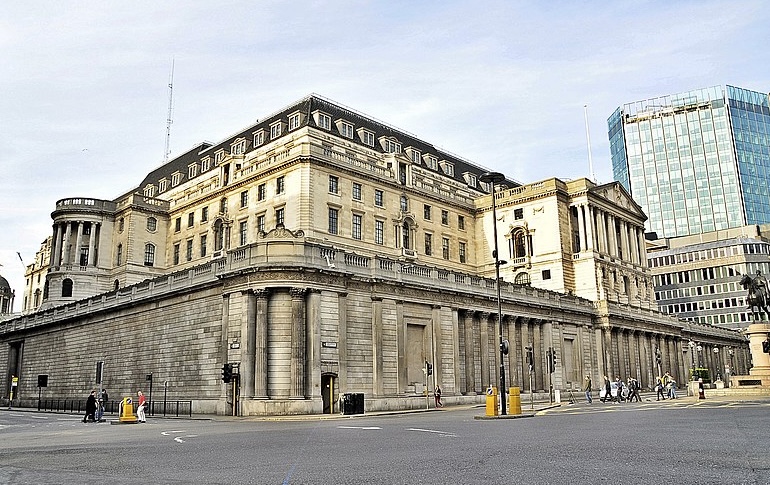Bank of England hikes base rate to 4.25% as inflation concerns loom

The Bank of England’s Monetary Policy Committee (MPC) has decided to increase the base rate to 4.25%, citing stronger-than-expected global growth and elevated consumer price inflation in advanced economies.
The rate rise could push up housing costs for already hard-pressed households, consumer champion Which? has warned.
The committee highlighted the volatility in global financial markets, particularly since the failure of Silicon Valley Bank and the lead-up to UBS’s purchase of Credit Suisse.
Government bond yields have remained broadly unchanged, while risky asset prices have dropped slightly since the committee’s previous meeting.
Although GDP is expected to be flat around the turn of the year, the MPC anticipates a slight increase in the second quarter, instead of the previously forecasted 0.4% decline.
With the UK government’s Energy Price Guarantee (EPG) remaining at £2,500 for three additional months from April, real household disposable income is predicted to stay flat in the short term.
The labour market has remained tight, with the latest news pointing to stronger-than-expected employment growth in Q2 2023 and a stable unemployment rate.
Regarding inflation, twelve-month CPI inflation dropped from 10.5% in December to 10.1% in January but rose again to 10.4% in February, which was higher than expected.
The MPC expects CPI inflation to fall significantly in Q2 2023, mainly due to the near-term news in the Budget, including the EPG, and the decline in wholesale energy prices.
Services CPI inflation is anticipated to remain stable in the near term, but wage growth may fall back more quickly than projected in the February Report.
The committee aims to return CPI inflation to the 2% target sustainably in the medium term, and they will adjust the Bank Rate accordingly to achieve this goal.
The Bank Rate, often referred to as the Bank of England base rate or the interest rate, directly impacts borrowing and saving in the UK.
Lower rates generally make borrowing cheaper while reducing the rewards for saving. Lower rates can also increase the value of wealth, such as pensions or housing.
Inflation, currently at 10.4%, measures the increase in the prices of goods and services over time. The inflation rate reflects the average rise in prices compared to the previous year.
Sam Richardson, Which? Money Deputy Editor, warned that the rate rise would push up housing costs for already hard-pressed households, with millions more likely to be affected over the coming months.
“Those on a tracker mortgage will see an immediate impact on monthly repayments, and those on a variable rate could also see their costs rise. Mortgage owners on a fixed-term deal will not be affected for the duration of their deal, however they will likely be stung with much higher rates when the time comes to renew.
“Homeowners struggling with payments should speak to their lenders, which are required to offer support, such as temporarily reducing payments or extending the mortgage term. Discussing your options with your lender will not affect your credit rating.
Rightmove’s mortgage expert Matt Smith noted that the rate rise is lower than the previous rise, and with the longer-term indication that inflation is still likely to fall sharply over the year, lenders should gain more confidence to start edging down their rates.
He said: “Lenders will wait to see how markets respond to the Bank’s rate rise announcement before they reprice their deals.”
Latest News









